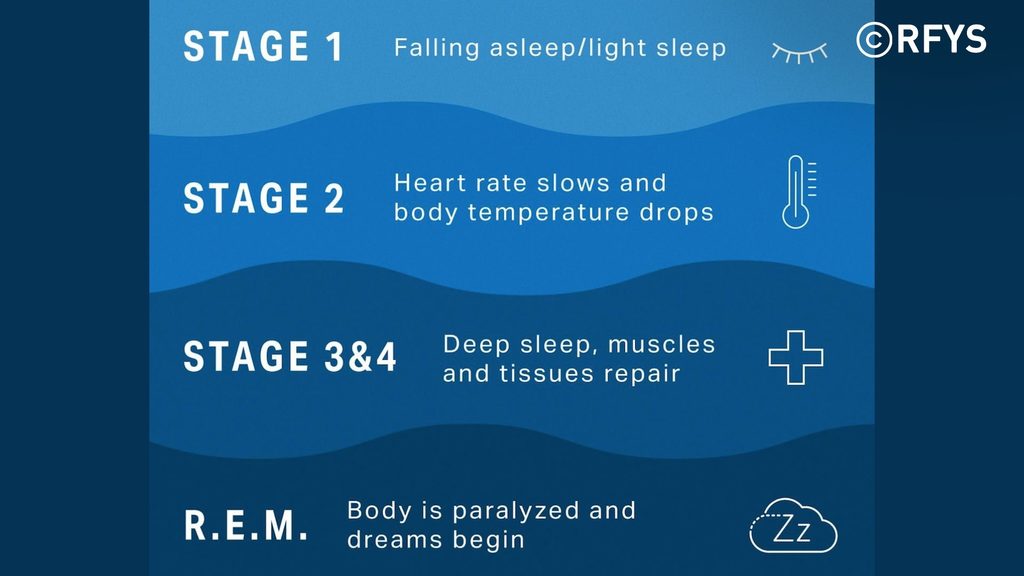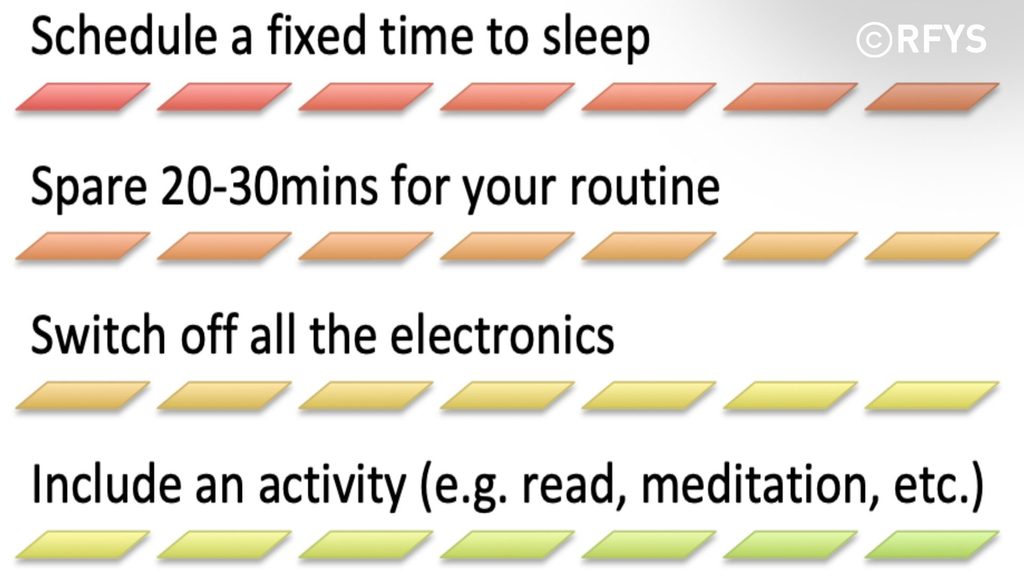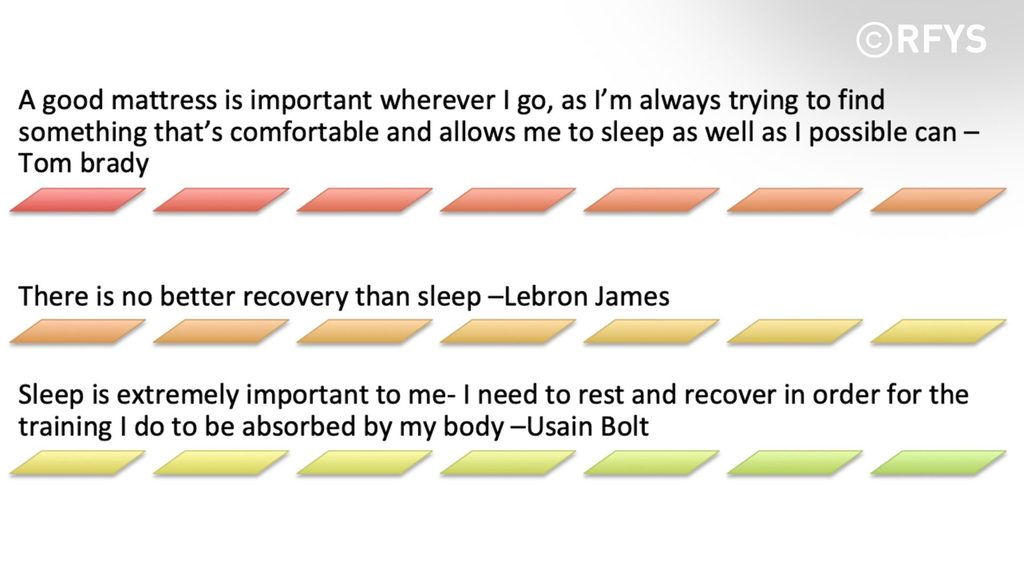The Importance of a Proper Sleep Routine and its impact on Performance
A basic necessity that is often overlooked is sleep. It is one of the most important things to affect the overall health of a person as it helps one maintain optimal health and well-being. Experts believe that it is as vital as eating a balanced diet.
A basic necessity that is often overlooked is sleep. It is one of the most important things to affect the overall health of a person as it helps one maintain optimal health and well-being. Experts believe that it is as vital as eating a balanced diet.
As part of our Online Education Programme, we recently conducted a webinar on Sleep Routine. Helmed by Maithili Bhuptani, Lead Sport & Exercise Psychologist, Sir H.N. Reliance Foundation, the webinar delved deep into the importance of sleep and why the lack of it results in the brain to stop functioning properly - leading to reduced concentration, hazy thoughts, and inability to process memories.
She first detailed out the cycle of sleep through various stages - the first three stages are known as non-rapid eye movement (NREM) sleep, and the final stage is known as rapid eye movement (REM) sleep. The webinar summarised its criticality using the chart below:

Stage 1 NREM: This first stage marks the transition between wakefulness and sleep, and consists of light sleep.
Stage 2 NREM: This second NREM sleep stage is characterized by deeper sleep as your heart rate and breathing rates continue slowing down and the muscles become more relaxed.
Stage 3 NREM: This stage plays an important role in making you feel refreshed and alert the next day.
REM: Dreaming will typically occur during REM sleep, and your arms and legs will become paralyzed – it’s believed this is intended to prevent you from physically acting out on your dreams.
These four stages will repeat cyclically throughout the night till the time you wake up.
The Importance of getting enough sleep:
Maithili then explained that for most adults, at least seven hours of sleep each night is needed for proper cognitive and behavioural functions. An insufficient amount of sleep can lead to serious repercussions. Some studies have shown sleep deprivation leaves people vulnerable to attention lapses, reduced cognition, delayed reactions, and mood shifts. It can severely affect the brain’s ability to process information and delay one’s decision making. For athletes, the risks are multiplied because apart from directly affecting their performance, chronic poor sleep quality can also increase the risk of injury and illness.
Setting a proper bedtime routine:
After discussing the risks, she described the measures that athletes can implement to rectify their sleep cycle to clock in the necessary seven-nine hours. She explained this process through the following chart:

How to create an ideal sleeping environment:
Maithili emphasized that it is essential to create an ideal environment to improve your quality of sleep. She elaborated the following steps that help create the ideal environment:
- Reduce the light exposure
- Organise your room
- Find your ideal pillow
- Use essential oils
- Set a correct room temperature
She said that to improve your performance, alertness, boost your memory and metabolism, and fight infections, a good night’s sleep is one’s best bet as it can really do wonders for the body. To motivate younger athletes, she used a chart containing quotes from the world’s biggest athletes talking about the importance of a proper sleep routine:

She concluded the session by asking participants to practice journalling down the following things before going to sleep:
- Three things you are grateful for
- Your accomplishments of the day
- To-do lists
- Daily goals
What did you learn today?
In case of queries or if you have any suggestions for webinar topics, please feel free to connect with us on Instagram/Facebook or email us at info@rfyouthsports.com












Your Comments